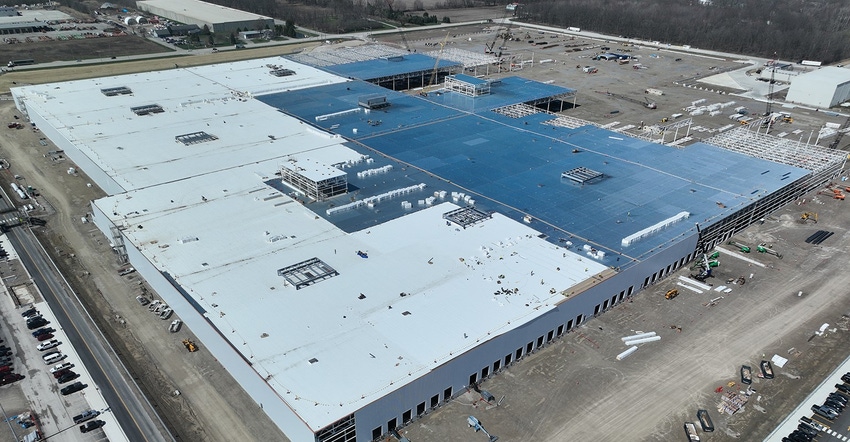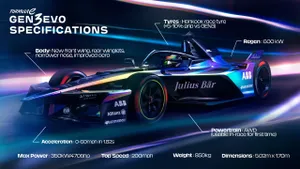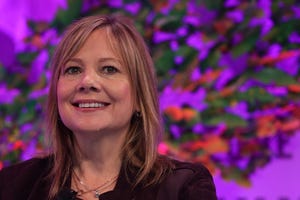Ford Shifts Focus to Hybrids, Delays All-Electric Launch
Ford delays all-electric SUV and truck launches to focus on hybrid vehicles, aligning with consumer preferences and sustainability goals.

Ford's decision to delay the launch of its all-electric SUV and truck in favor of prioritizing the expansion of hybrid electric vehicles (HEVs) across its lineup by 2030 marks a substantial strategic shift in the company's approach to electrification. Ford's move reflects consumers' evolving needs while navigating the complex electric vehicle (EV) adoption landscape.
Ford’s commitment to hybrid technology
Ford announced that it will concentrate efforts on offering hybrid powertrains across its entire lineup by the decade's end. Ford states: “By the end of the decade, the company expects to offer hybrid powertrains across its entire Ford Blue lineup in North America." This strategic pivot underscores the company's recognition of the importance of hybrid technology as a bridge to full electrification. HEVs offer a compelling proposition for consumers seeking improved fuel efficiency and reduced emissions without the range anxiety associated with EVs.
Industry trends and consumer preferences
Furthermore, Ford's decision aligns with broader industry trends, highlighting the growing demand for HEVs as a viable alternative to traditional internal combustion engines (ICEs). “As the No. 2 EV brand in the US for the past two years, we are committed to scaling a profitable EV business, using capital wisely and bringing to market the right gas, hybrid and fully electric vehicles at the right time,” said Jim Farley, Ford president and CEO.
With regulatory pressures mounting to reduce carbon emissions and promote sustainable transportation solutions, many automakers are increasingly turning to hybrid technology to meet both environmental goals and consumer preferences. Toyota's Chairman, Akio Toyoda, recently emphasized this point in a speech to corporate managers and executives: “The important thing is not to convert to BEV or FCEV. The enemy is CO2. So, let’s all think about reducing CO2 right away.”
The delay in launching all-electric SUVs and trucks also allows Ford to capitalize on advancements in hybrid technology and battery development. By leveraging emerging technologies, Ford could enhance its HEVs' performance, efficiency, and affordability, thereby maximizing their appeal to a wider range of consumers.
Additionally, Ford's emphasis on HEVs reflects a realistic understanding of the current state of the EV market. While interest in EVs is growing, challenges such as limited charging infrastructure, higher upfront costs, and range anxiety continue to delay widespread EV adoption.
Ford’s promise of future EVs
Ford reiterated its commitment to an EV future by saying that Ford's future EVs promise groundbreaking innovation. Developed by a research team in California, these EVs will feature a flexible, low-cost platform capable of supporting multiple models. “A skunkworks team in California is developing a smaller, low-cost, profitable, flexible EV platform capable of underpinning multiple vehicles at high volumes,” Ford concluded.
Offering customers options between HEVs and EVs is crucial. While EVs provide zero-emission driving, HEVs offer flexibility without range anxiety. This choice caters to diverse needs, budgets, and charging infrastructures. Customers can prioritize environmental impact with EVs or choose the familiarity of HEVs, ensuring widespread adoption of sustainable transportation solutions. Ford can still lay the groundwork for future electrification efforts by focusing on hybrid technology.
About the Author(s)
You May Also Like





